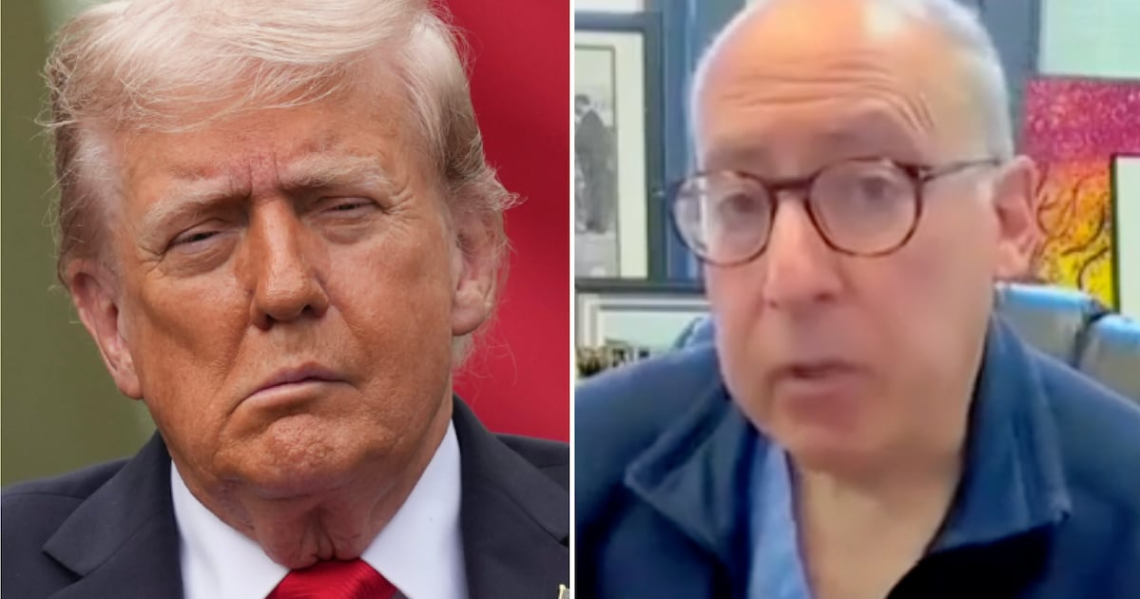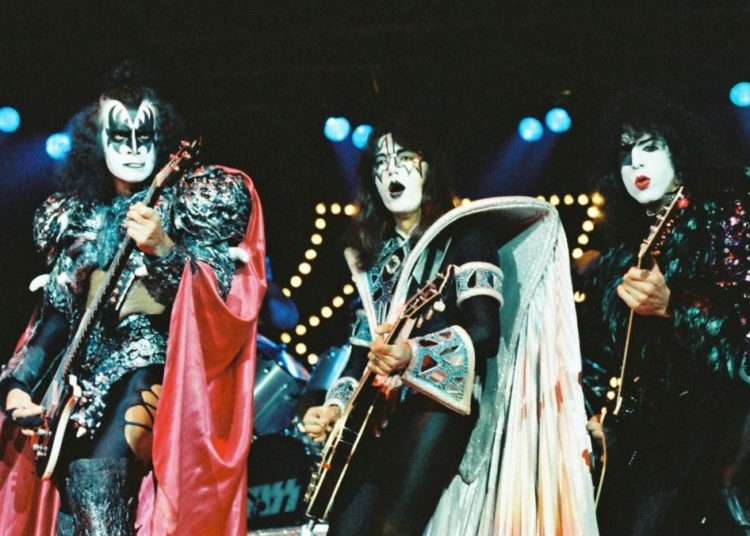A prominent cardiologist believes President Donald Trump may have quietly had an MRI scan because he showed symptoms associated with a neurological issue.
Dr. Jonathan Reiner told CNN there is a laundry list of reasons Trump’s doctors may have requested a scan, and that he believes the White House owes it to the public to say what that reason was.
“Typically, they’re prompted by symptoms,” Reiner said of MRIs. “They can be neurologic symptoms that prompt an MRI. They could be back pain that prompts an MRI. There can be issues with the heart that would prompt an MRI. And for those reasons, the public should really be told, you know, why did the president undergo the test, what consultants he saw, and what was the result of the testing?”

Reiner was the cardiologist to former Vice President Dick Cheney, who suffers from extensive heart issues, and is currently a professor at George Washington University in the nation’s capital.
Trump, 79, revealed that he underwent an MRI while speaking to reporters aboard Air Force One on Monday.
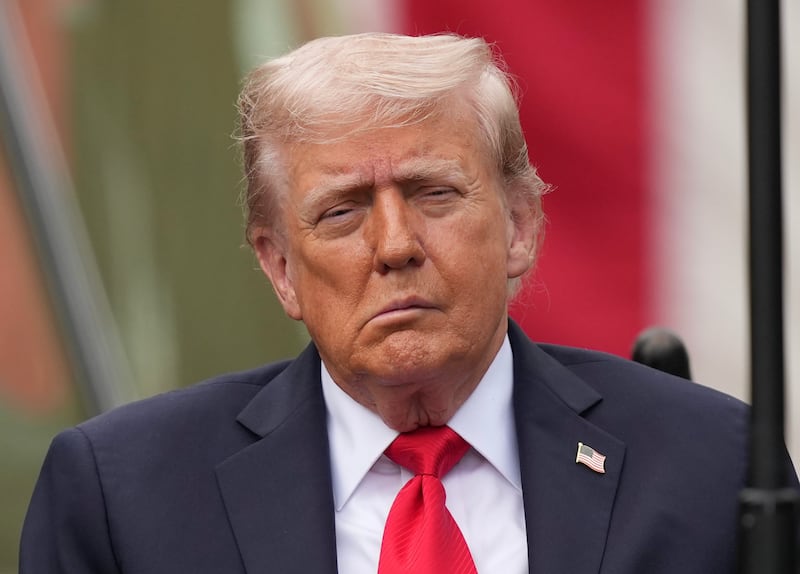
“I got an MRI,” Trump said. “It was perfect.”
Trump was asked what prompted the scan, but deferred the question to his doctors.
“I gave you the full results,” he continued. “We had an MRI… you know the whole thing. And it was perfect.”
Trump claimed that he would alert the press if he ever got negative news about his mental or physical fitness.
The last official report on Trump’s health came in a single-page memo after his October 10 visit to Walter Reed Medical Center. The memo stated Trump was in “excellent overall health” and that he had undergone “advanced imaging, laboratory testing, and preventative health assessments.”
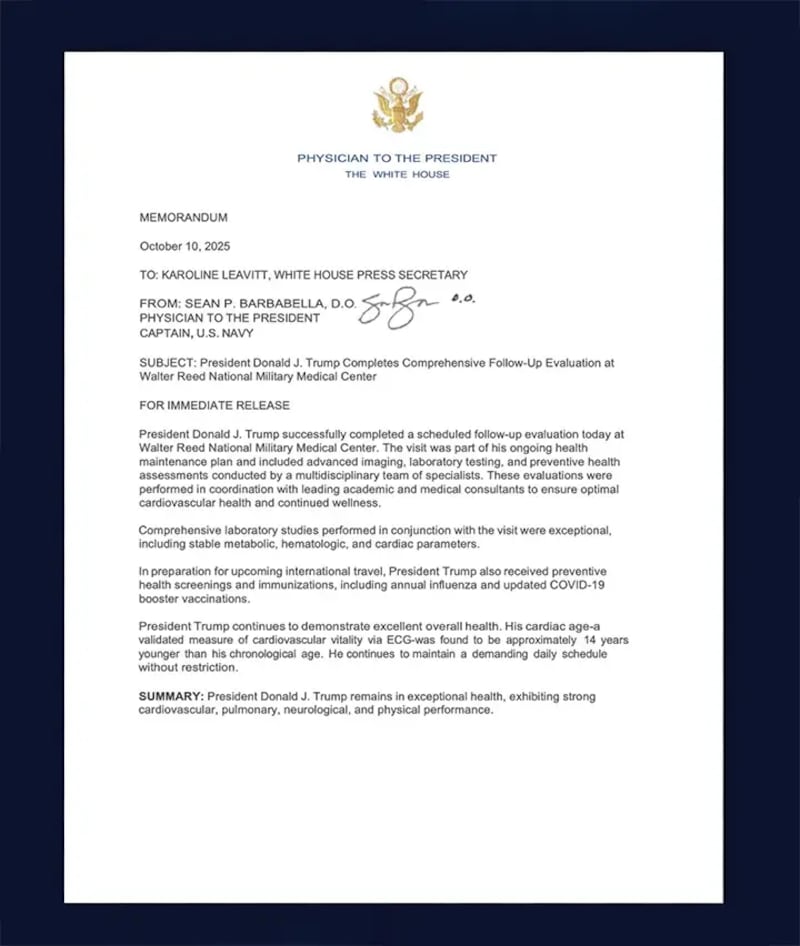
Asked what “advanced imaging” Trump was subjected to this month, White House Press Secretary Karoline Leavitt, 28, blew off the question and asserted it was part of a routine health check.
Reiner told CNN that an MRI is never part of a routine check-up.
“An MRI is never part of a routine evaluation, whether you’re president of the United States or whether you’re just a civilian,” he said.
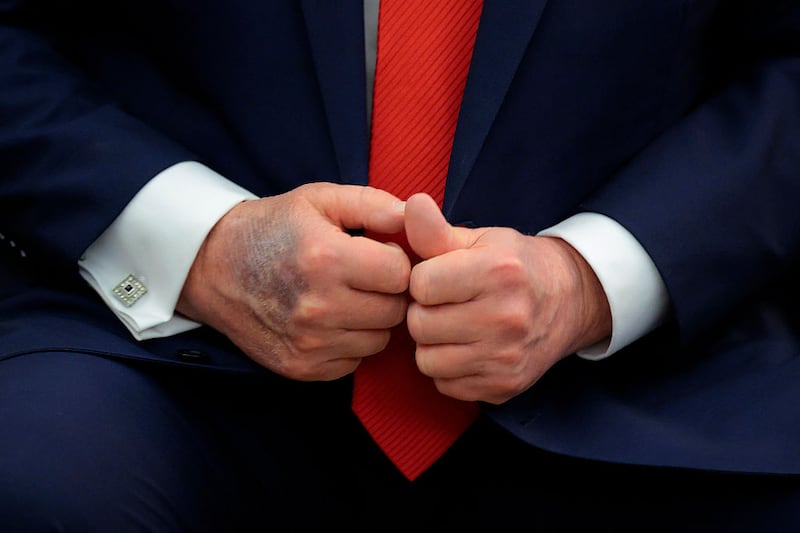
Dr. Vin Gupta, a public health physician and MSNBC contributor, agreed with Reiner’s point. He wrote on X: “Even if you are leader of the free world, you don’t just get an MRI without a clear reason to do so. There’s no such thing as a ‘screening’ MRI.
Reiner said the “big question” is why Trump was asked to have an MRI completed, since some symptom—or symptoms—must have raised a red flag.
Trump has sported cankles, bruised hands, and a droopy face at various points this year, each of which has raised questions about his physical well-being. Those are in addition to increasing memory lapses, his struggles with stairs, and his inability to walk in a straight line at times.
The White House often avoids addressing Trump’s health concerns. However, it did announce in July that the president suffers from chronic venous insufficiency, a common circulatory condition where veins in the legs have trouble sending blood back to the heart.
Reiner believes there could be a connection between Trump’s ailments—like his hand bruising—and what led to the president’s MRI.
“As for the bruising,” he said, “there are a lot of things that can do that. And you know, the most common etiology for bruising in the back of a 79-year-old person’s hand is medications. And the typical medication that causes that would be a blood thinner.”
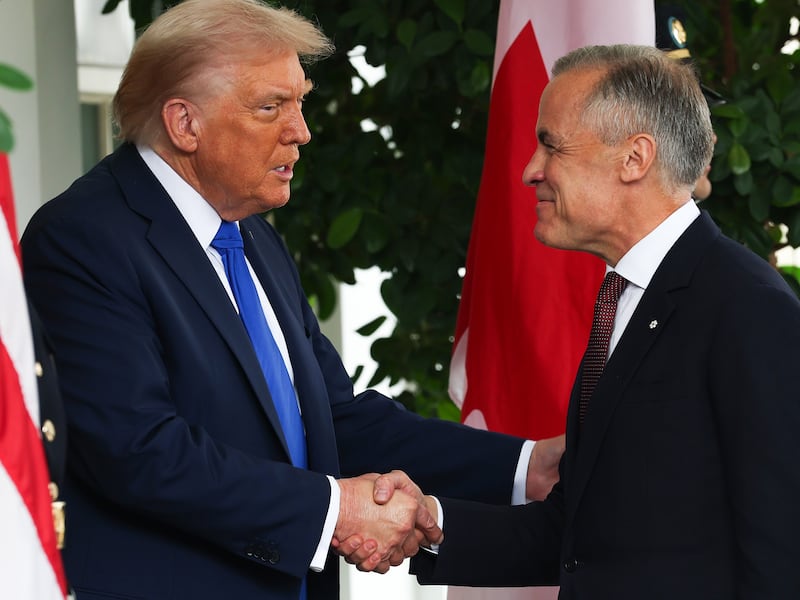
He continued, “I mean, I see this every week when I see patients. Blood thinners, particularly in the elderly, cause bruising on the back of the hands, but we’ve not been told that the president takes that. People take blood thinners for a variety of reasons. You can take it if you had a pulmonary embolism in the past. You can take it if you have a clot in your leg, a DVT [deep vein thrombosis], and you can take a blood thinner if you have atrial fibrillation.”
Reiner speculated that the symptom that led to doctors ordering an MRI for Trump may also be why he takes blood thinners.
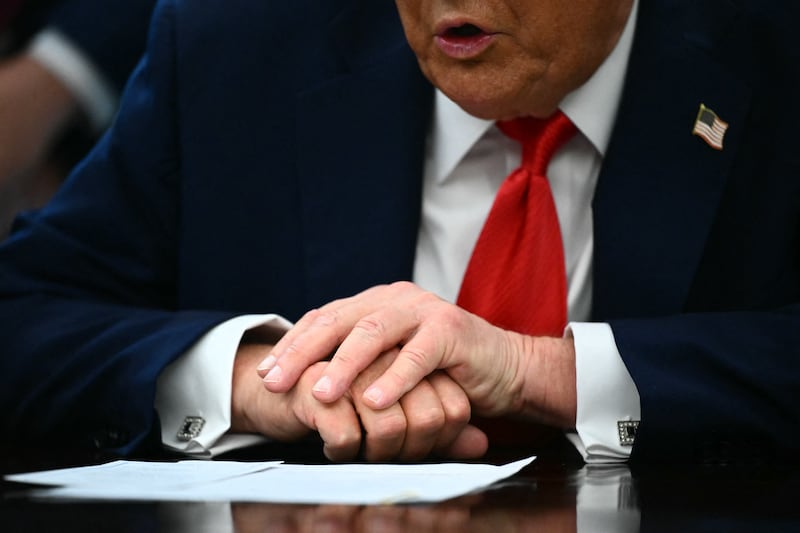
“People who take blood thinners for atrial fibrillation typically are on them indefinitely, and the side effects of medications like that are bruising,” he said. “But why he would have an MRI depends on the underlying reason for either that medication or other undisclosed medical problems. It is just as important why he had the test as what the test showed.”
The White House did not respond to a request for comment in response to Reiner’s remarks.
The post Doctor Identifies Possible Reasons Trump Quietly Received MRI appeared first on The Daily Beast.
